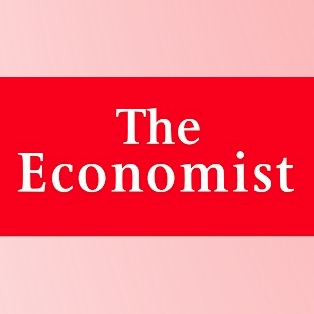19/09/2016 - Articles, News
The Economist: Artificial intelligence Anything you can do, AI can do better. So how will it change the workplace?

 Reading time: 1 minute
Reading time: 1 minuteThe return of the machinery question. After many false starts, artificial intelligence has taken off. Will it cause mass unemployment or even destroy mankind? History can provide some helpful clues, says Tom Standage. There is something familiar about fears that new machines will take everyone’s jobs, benefiting only a select few and upending society.
A feature article in the last issue of The Economist raises an urgent question: "AI excites fear and enthusiasm in equal measure, and raises a lot of questions". The first danger forecasted is that AI and robotics (intelligent and autonomous machines) will be provoking mass unenployment, because intelligent machines will be replacing humans in the dull, dirty, and danderous jobs, and also in those activities (banks, software writing, etc) where machines can be smarter, quicker, and dependable (more than humans).
The real issue here is the following: How could education, training, ethically driven educational campaigns move humans so ahead of machines as to ensure that AI and robot will be serving a more just (humane) society?
"Apocalyptic and Integrated": Floor is open for discussion!
Here some exceprts from the aryicle in The Economist:
Such concerns sparked furious arguments two centuries ago as industrialisation took hold in Britain. People at the time did not talk of an “industrial revolution” but of the “machinery question”. First posed by the economist David Ricardo in 1821, it concerned the “influence of machinery on the interests of the different classes of society”, and in particular the “opinion entertained by the labouring class, that the employment of machinery is frequently detrimental to their interests”.
"Today the machinery question is back with a vengeance, in a new guise" Thomas Carlyle, writing in 1839, railed against the “demon of mechanism” whose disruptive power was guilty of “oversetting whole multitudes of workmen”.
Today the machinery question is back with a vengeance, in a new guise. Technologists, economists and philosophers are now debating the implications of artificial intelligence (AI), a fast-moving technology that enables achines to perform tasks that could previously be done only by humans. Its impact could be profound. It threatens workers whose jobs had seemed impossible to automate, from radiologists to legal clerks.
More excerpts here: http://learnmore.economist.com/story/57a849c338ba0ee26d98a68

